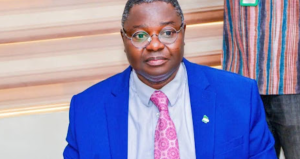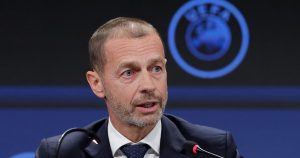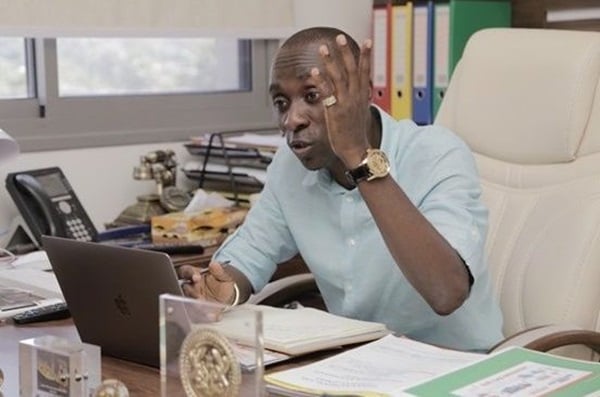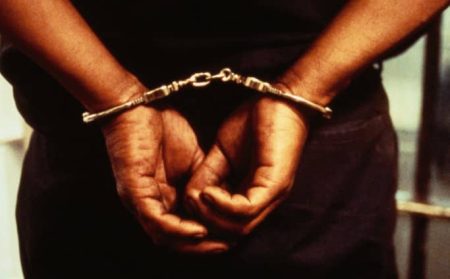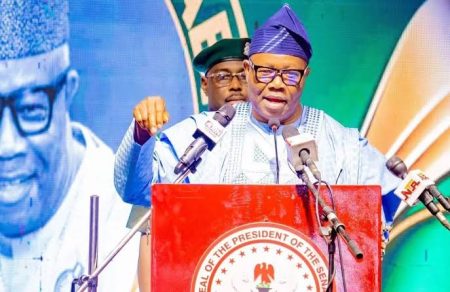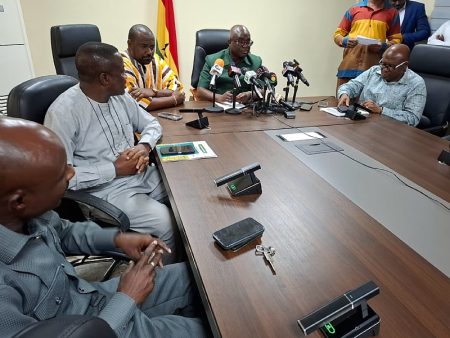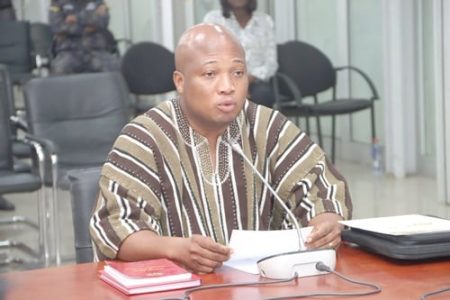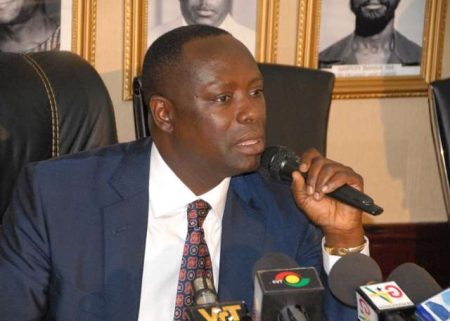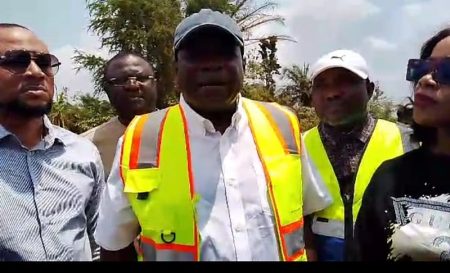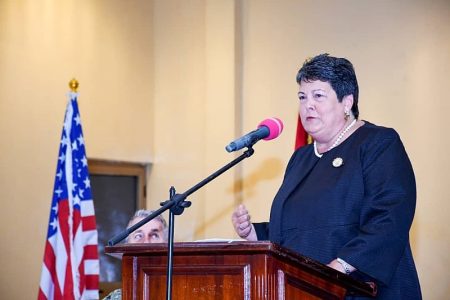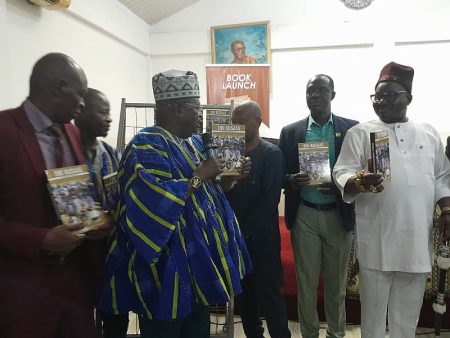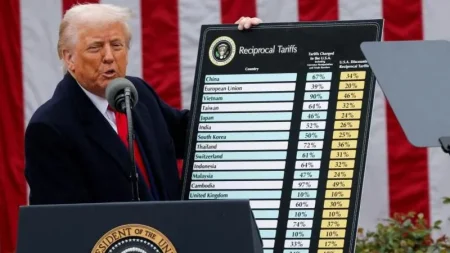The internal strife within the New Patriotic Party (NPP) in Ghana has intensified following critical remarks made by Ernest Owusu-Bempah, the Deputy Communications Officer, regarding the party’s rebuilding efforts after its electoral defeat. Eric Nartey Yeboah, a prominent figure within the NPP and known as Chairman Dollar, publicly rebuked Owusu-Bempah, questioning his legitimacy as a party member and accusing him of undermining the grassroots support base with his comments. This clash highlights underlying tensions and power struggles within the party, particularly concerning the role and influence of certain individuals and the legacy of the previous administration led by former President Akufo-Addo. Yeboah’s pointed critique suggests a deeper dissatisfaction with the party’s direction and a growing call for accountability and reform.
The core of Yeboah’s argument centers on the perception of undue influence wielded by former President Akufo-Addo and his family during his tenure. He suggests that this concentration of power contributed significantly to the NPP’s electoral downfall, alienating party members and undermining the democratic processes within the organization. This critique touches upon a sensitive issue within political parties, the balance of power between established leadership figures and the broader membership base. By raising this concern, Yeboah implicitly calls for greater inclusivity and transparency within the NPP’s decision-making processes, arguing that a more distributed power structure would better serve the party’s interests and improve its electoral prospects.
Further fueling the intra-party dispute is Yeboah’s criticism of the appointments made by the former President and the perceived arrogance of some appointees. He alleges that these individuals prioritized personal gain over party loyalty and lacked respect for the NPP’s core values and principles. This accusation strikes at the heart of party unity and discipline, suggesting a breakdown in the shared ideological commitment that binds a political party together. Yeboah’s remarks imply that a culture of entitlement and disregard for the party’s foundational principles contributed to the NPP’s loss, highlighting the importance of selecting individuals for positions of authority based on merit and commitment to the party’s ideals.
The public nature of this internal squabble underscores the urgency with which the NPP must address these concerns. The party’s ability to rebuild and regain public trust hinges on its capacity to reconcile these internal divisions and present a united front. This necessitates a critical examination of the factors that led to their electoral defeat, including the issues of power concentration, appointment processes, and the behavior of those in leadership positions. The party’s internal discourse must move beyond personal attacks and focus on constructive dialogue that leads to meaningful reforms and a renewed commitment to the party’s founding principles.
Yeboah’s call for party supporters to distance themselves from appointees who may face scrutiny under the current administration further complicates the situation. This suggests a potential divide within the party between those loyal to the previous administration and those seeking a clean break from the past. This dynamic could hinder the party’s efforts to rebuild and re-strategize for future elections. It also raises questions about the extent to which the NPP is willing to hold its members accountable for their actions and decisions, a critical step in restoring public trust and demonstrating a commitment to ethical governance.
The ongoing dispute within the NPP serves as a microcosm of the broader challenges facing political parties in Ghana and beyond. The tension between maintaining party unity and addressing internal dissent, balancing the influence of established leaders with the aspirations of the broader membership, and navigating the complexities of power dynamics are perennial issues that require careful consideration and strategic management. The NPP’s ability to navigate these challenges will significantly impact its future prospects and its capacity to effectively contribute to the political landscape of Ghana. The coming months will be crucial for the NPP as it seeks to rebuild its internal structures, regain public trust, and position itself as a viable political force in the future.


